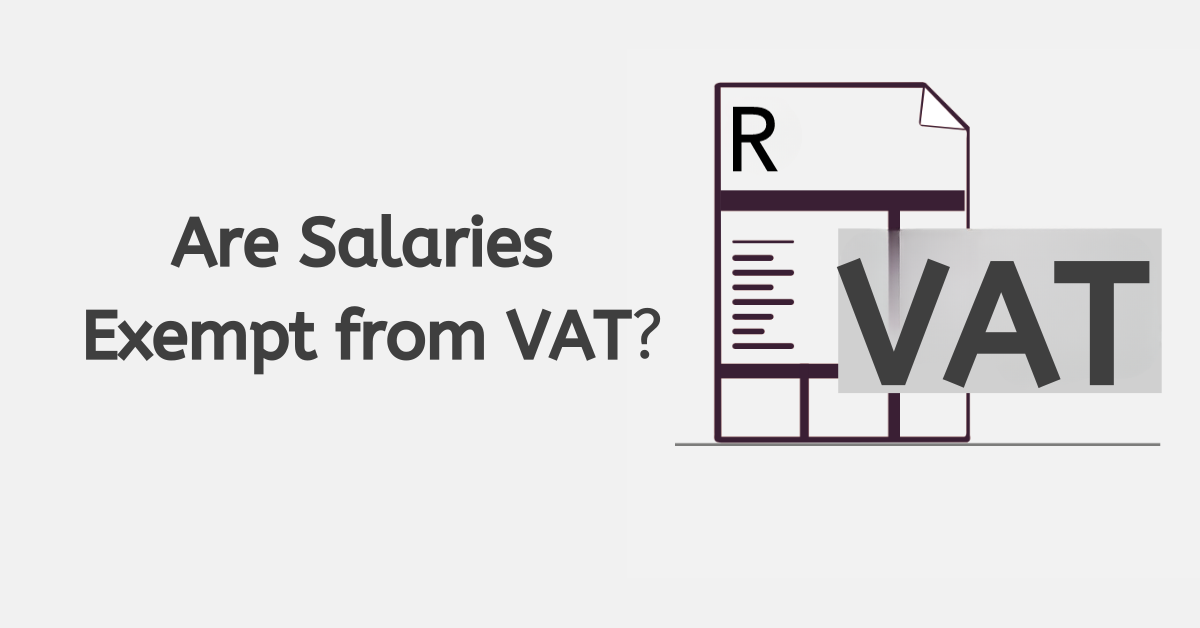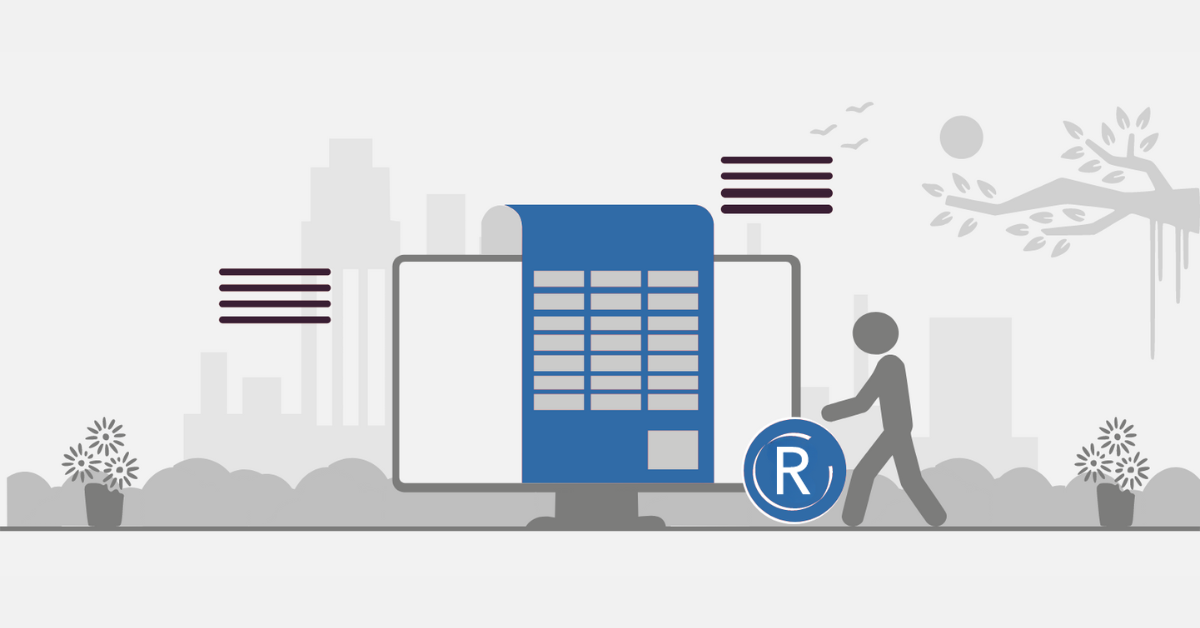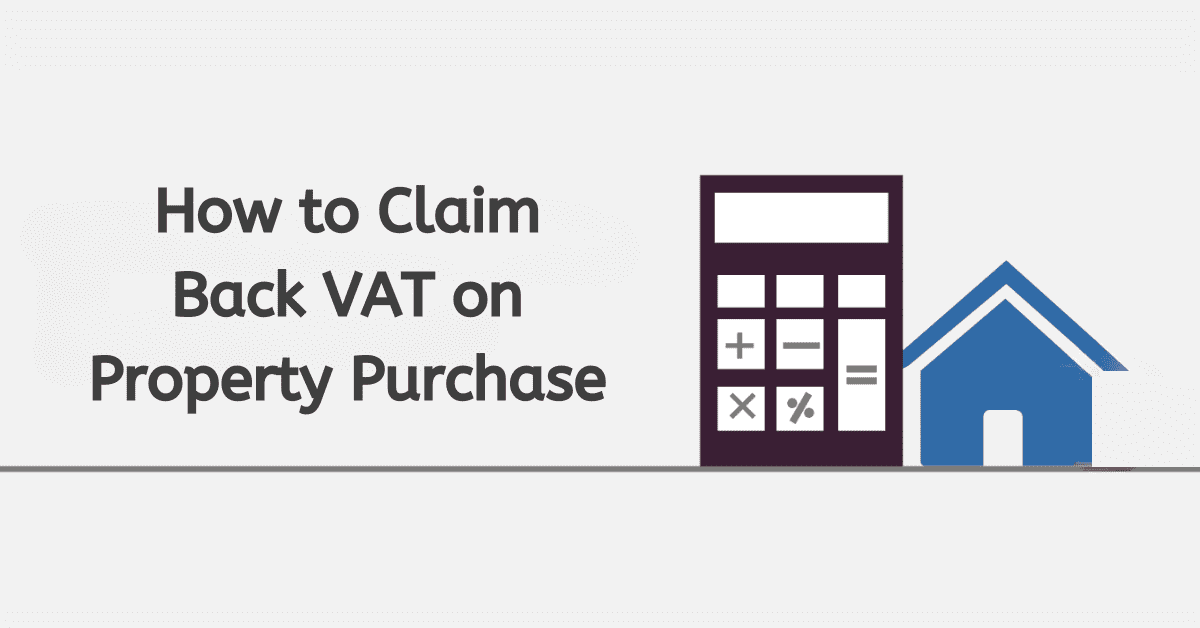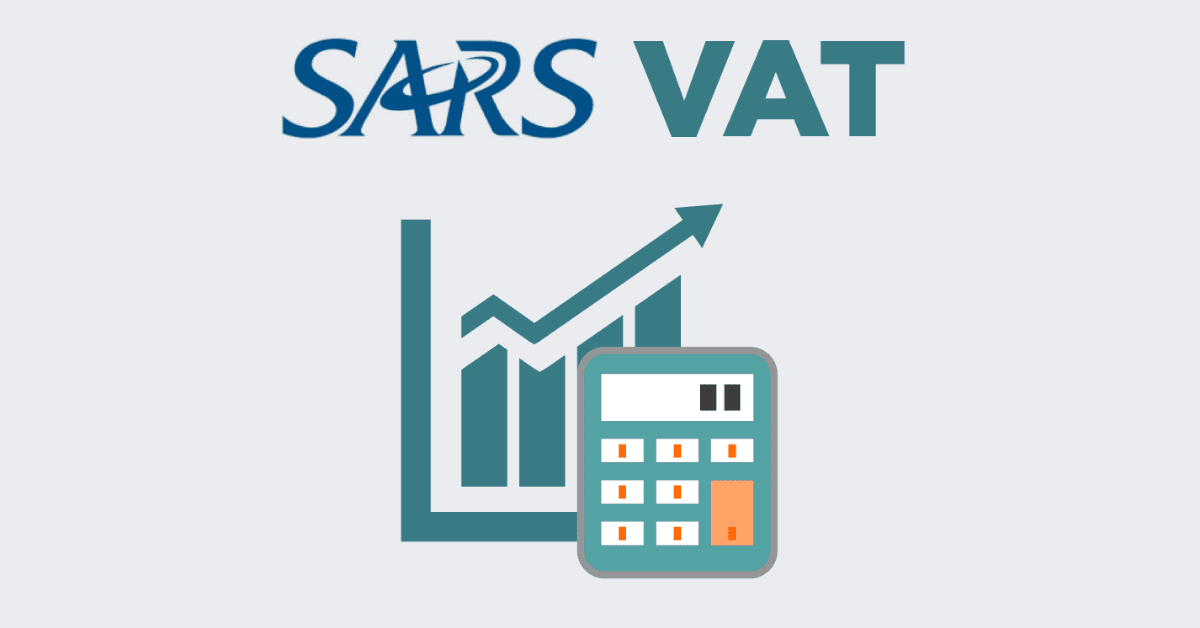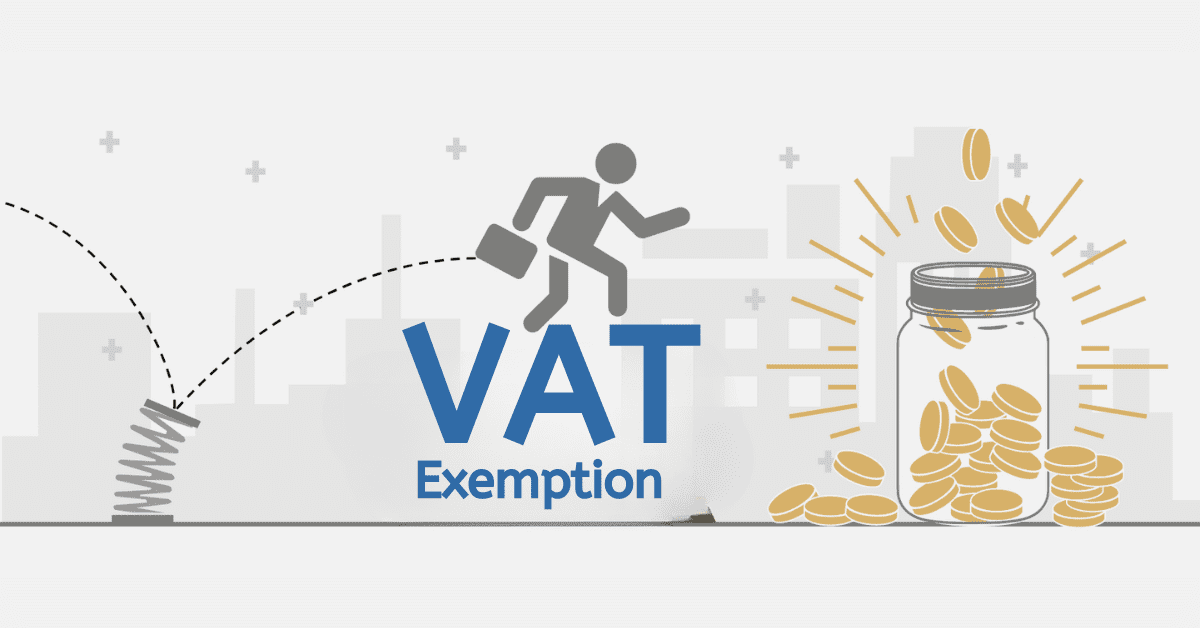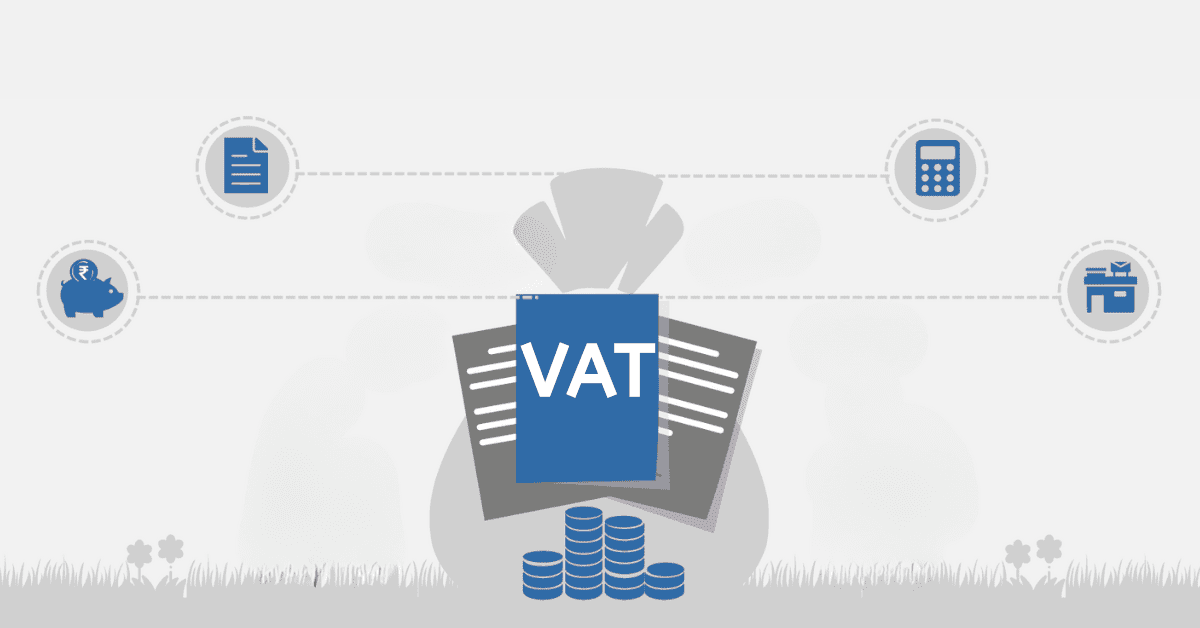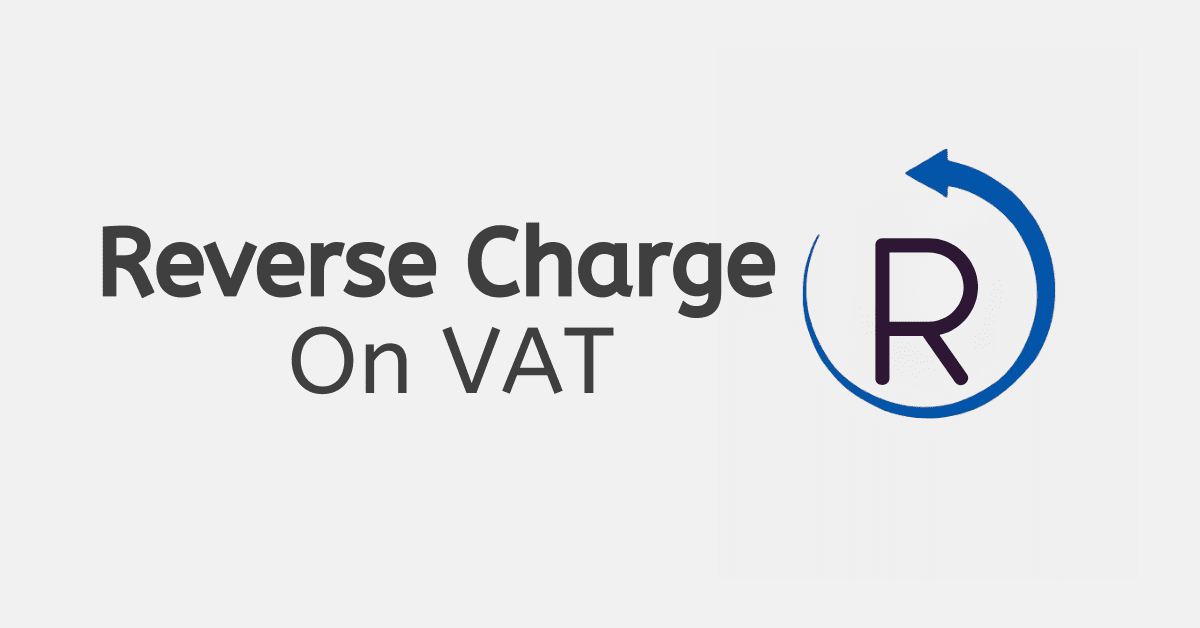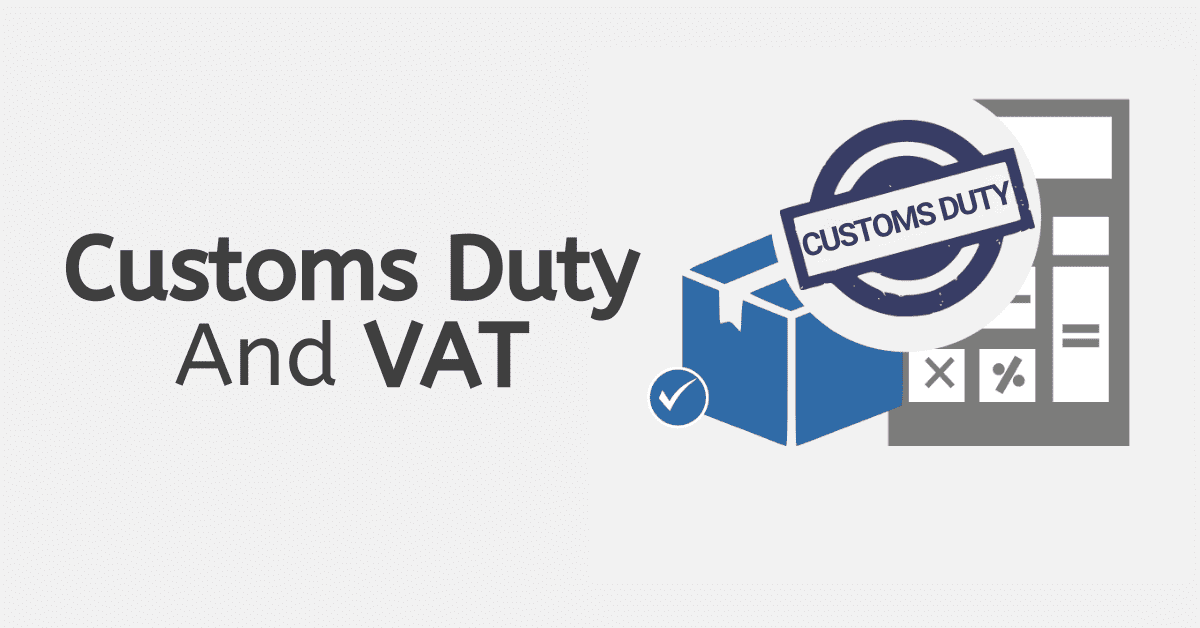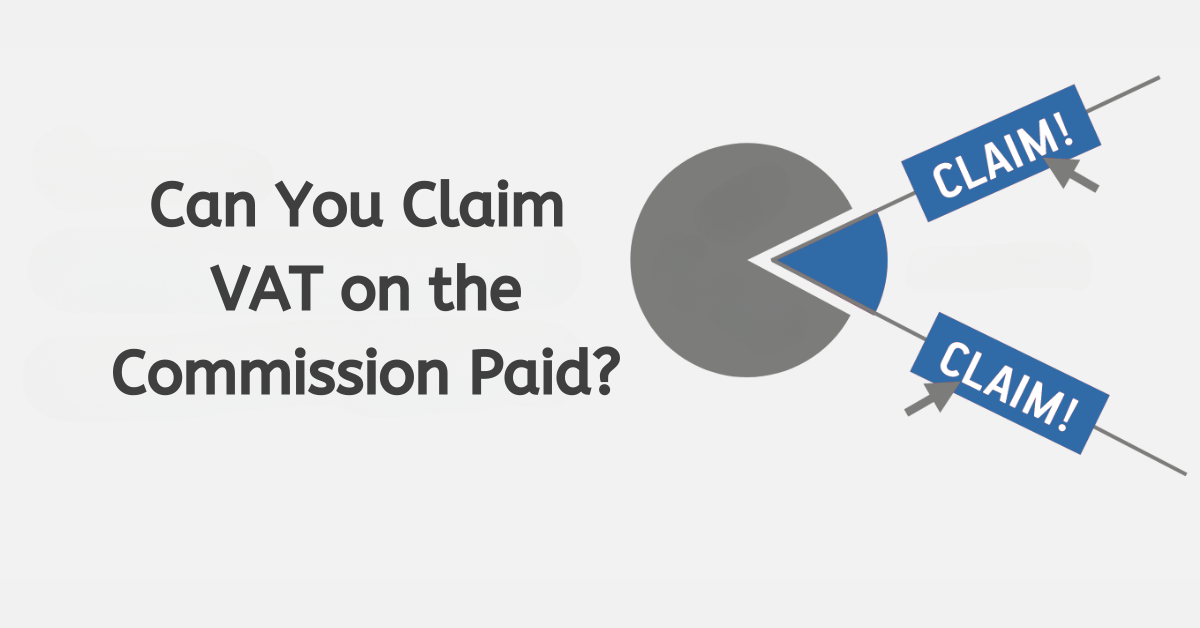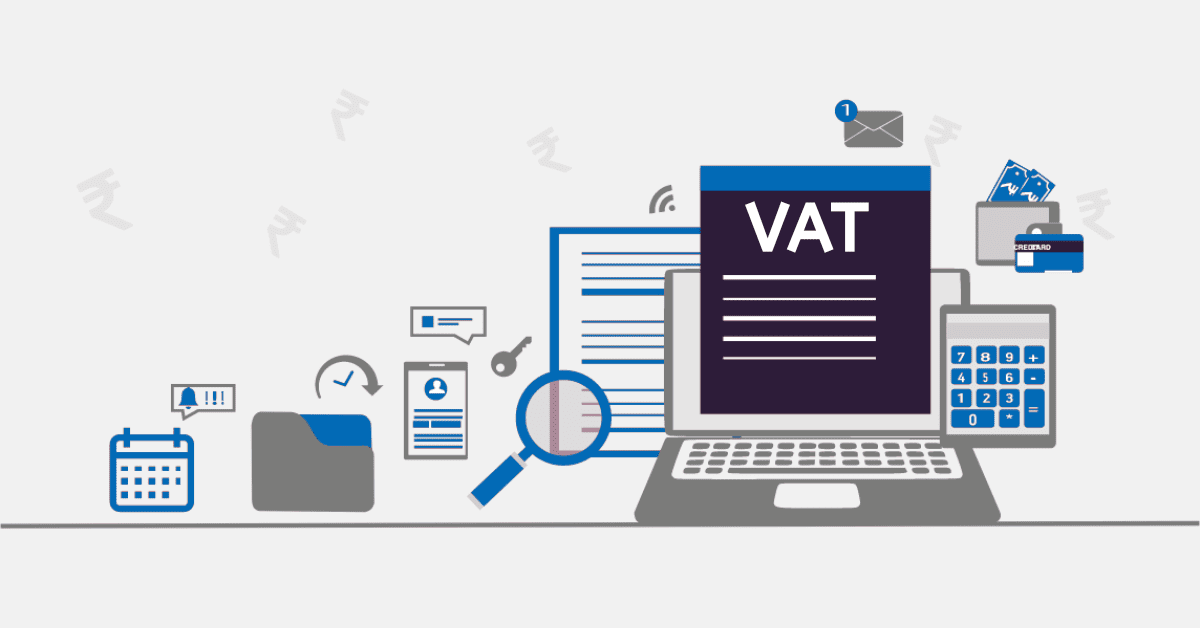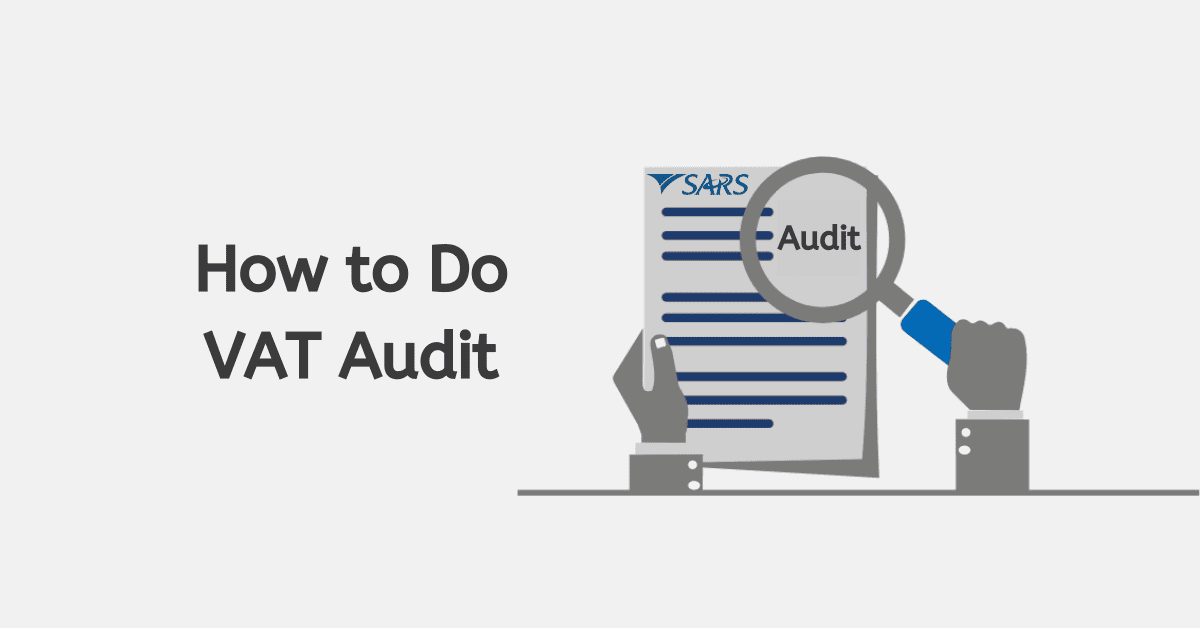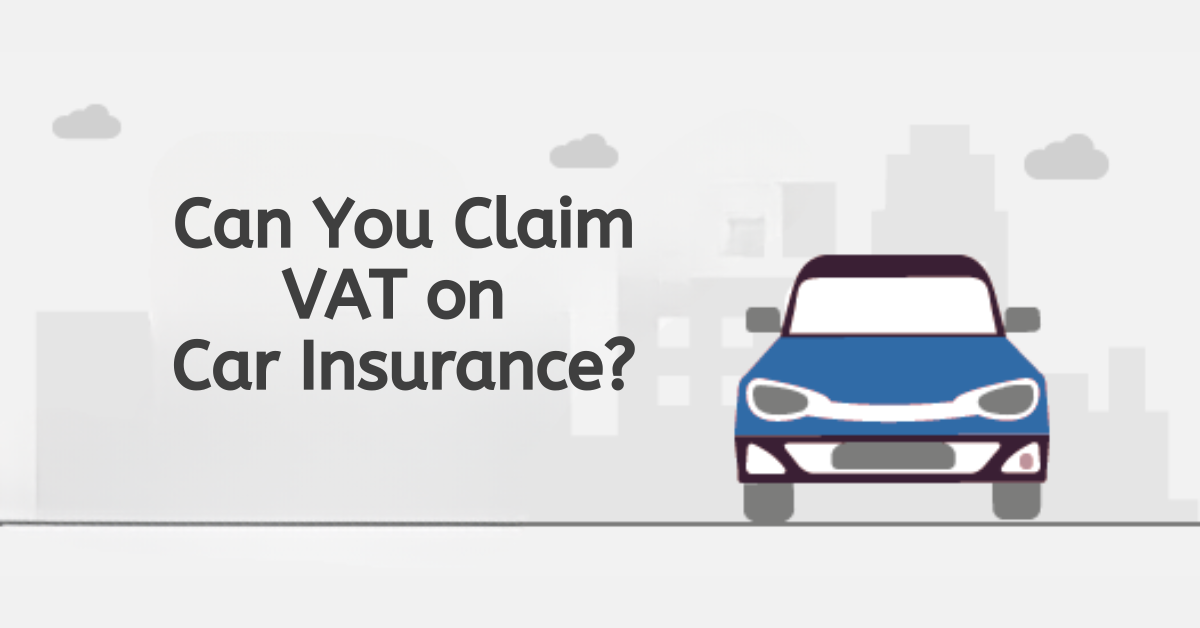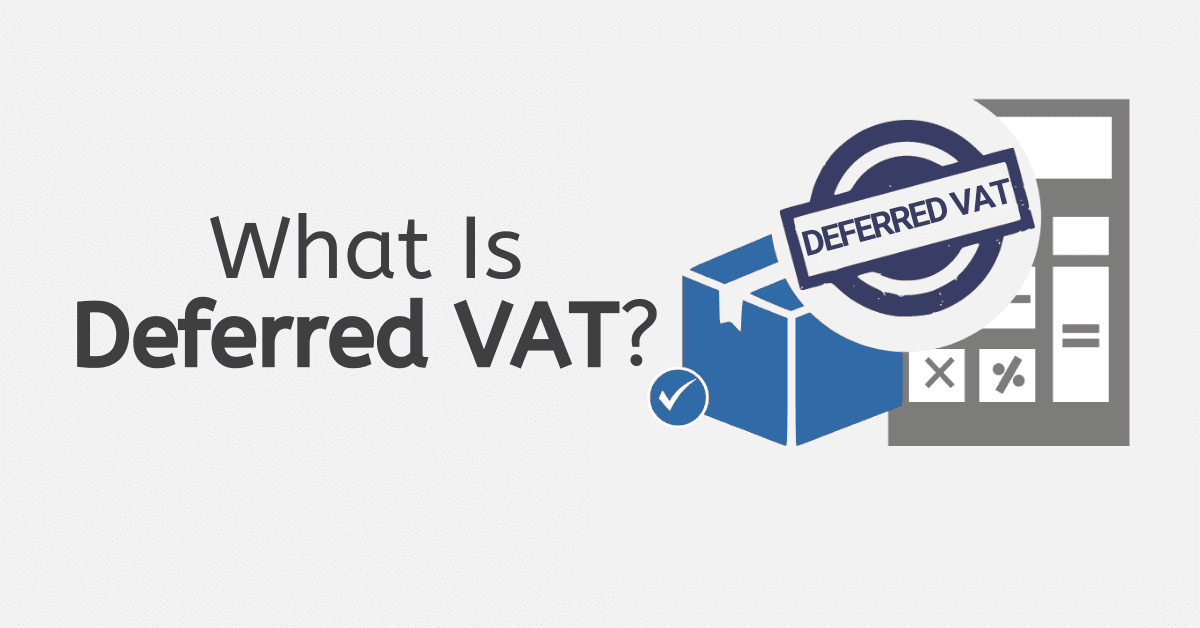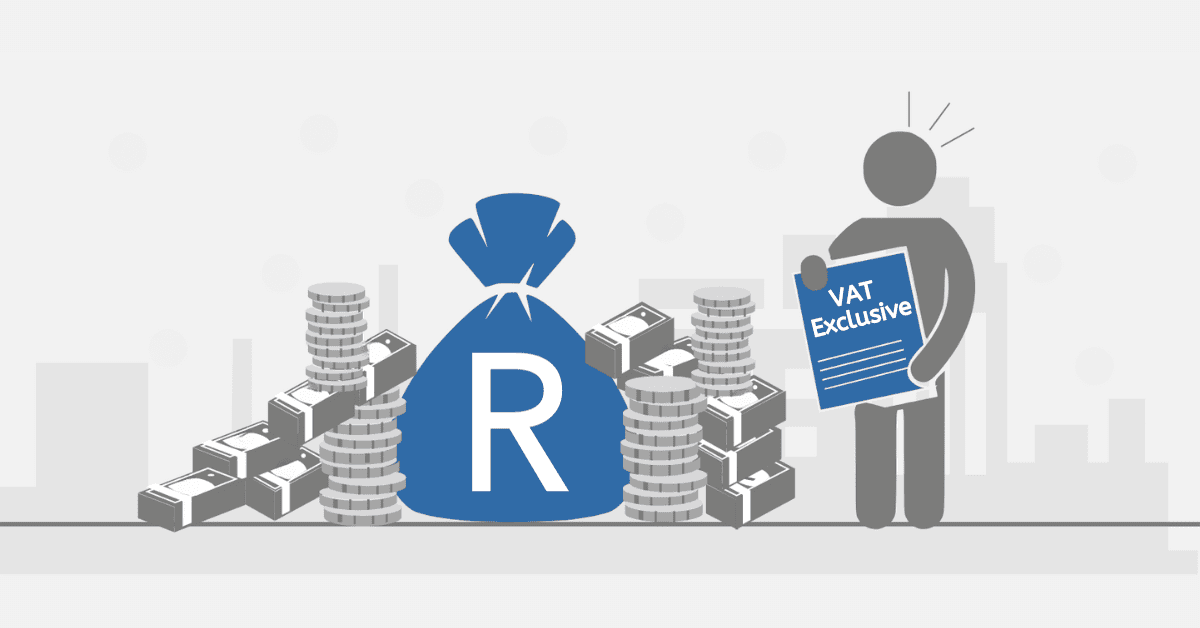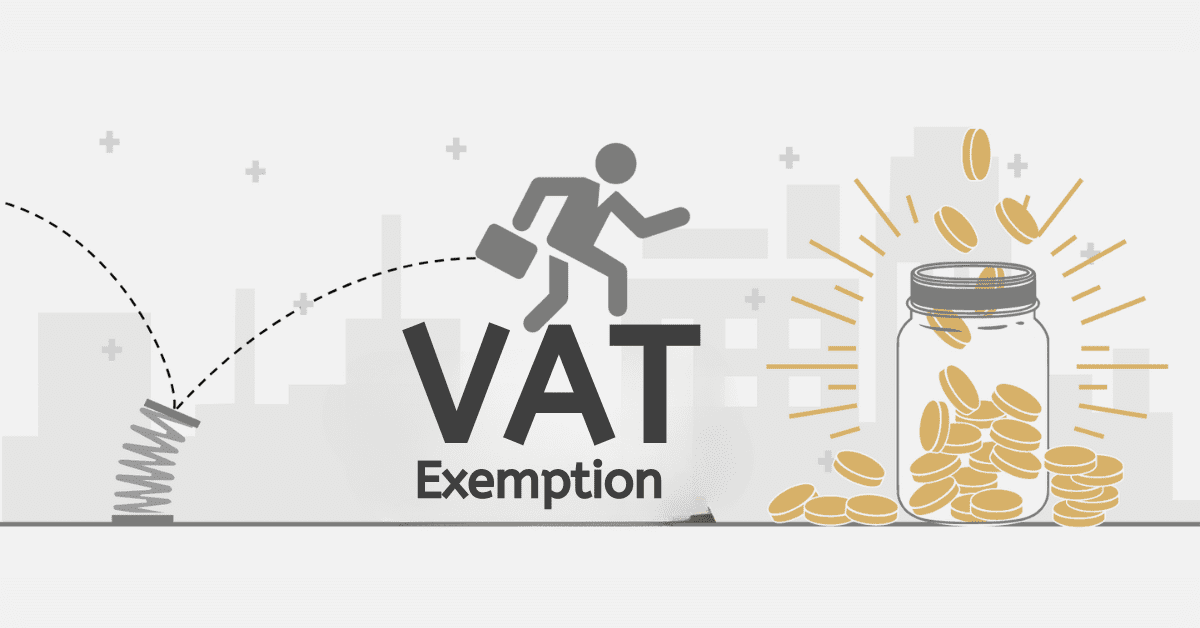In the intricate world of South African taxation, Value-Added Tax (VAT) takes the spotlight, contributing significantly to the government’s revenue. Understanding what falls under its purview is the key to navigating the complex web of financial regulations. This distinction mainly involves “zero-rated” and “exempt” goods and services. Let’s delve into the products exempt from VAT in South Africa and compare zero-rated and exempt supplies.
What Are The Products On Which No VAT Is Charged?
In South Africa, VAT is not charged on certain products or services, broadly categorized as “exempt supplies” and “zero-rated supplies.”
Exempt Supplies
Exempt supplies are products or services on which VAT is not levied, but businesses making these supplies are also not entitled to claim input tax deductions on their expenses. Delving into the official annals of the South African government, we discover a collection of exempt supplies, including the likes of non-fee-related financial services, public road and rail transport, and an array of specific goods and services. Picture this: no pesky VAT charges will be tagging along when you purchase that ticket for your next bus or train adventure! However, the transportation service company cannot claim VAT refunds on operating expenses.
Zero-Rated Supplies
On the other hand, zero-rated supplies are goods and services on which VAT is charged at a rate of 0%, meaning they are effectively exempt from VAT. However, businesses making zero-rated supplies can claim input tax deductions on their expenses. Some essential goods and services in South Africa are zero-rated to ensure they remain affordable for the general population.
What South African Items Are Zero-Rated for VAT?
Zero-rated supplies in South Africa encompass various goods and services, focusing on items considered essential for everyday life. Some of the key categories of goods and services that are zero-rated for VAT in South Africa include:
- Basic Foodstuffs: South Africa zero-rates 19 basic food items crucial for sustenance. These items include maize meal, rice, brown bread, fresh fruit, etc.
- Illuminating Paraffin: Paraffin is an essential source of energy for many households in South Africa. To make it more affordable, illuminating paraffin is zero-rated for VAT.
- Exports: Goods and services exported from South Africa are also zero-rated. This helps to promote exports by reducing the cost of South African products on the international market.
- Public Transportation: As mentioned earlier, public road and rail transport is exempt from VAT. This includes services like bus and train fares, making it more affordable for commuters.
- Medical Supplies: Certain medical supplies and services are zero-rated. This includes items such as prescription medicines and basic medical services to ensure that healthcare remains accessible.
What Is The Difference Between Zero Rated and no VAT?
The definitions of “zero-rated” and “no VAT” might appear quite similar, but they have a key distinction:
- Zero-Rated: When a stock or service is zero-rated for VAT, the VAT rate is 0 percent. This exempts the item from VAT, but businesses can reclaim the VAT they paid on their inputs. This strategy helps maintain affordable prices for essential goods and services.
- No VAT: “No VAT” signifies that the stock or service is entirely exempt from VAT. No VAT is charged, and businesses cannot claim input tax deductions on their expenses for these supplies. Exempt supplies typically include financial services and public transportation.
In essence, both zero-rated and no VAT imply that the end consumer is not burdened with the full VAT cost, but the mechanism for businesses and the exact tax rate applied differ.
Five South African Goods On Which No VAT Is Charged
As per South African VAT regulations, here are five goods on which no VAT is charged:
- Public Road and Rail Transport: VAT is not applied to public road and rail transport fares. The exemption ensures the public can afford their daily commute.
- Financial Services Without Fees: Specific financial services that do not charge fees, like banking services, are exempt from VAT. Nonetheless, it’s crucial to remember that other financial services might still be liable for VAT.
- Basic Foodstuffs: South Africa zero-rates 19 basic food items, including essentials like maize meal, rice, brown bread, and fresh fruit. This ensures that these staples remain affordable for consumers.
- Illuminating Paraffin: Illuminating paraffin, commonly used for lighting and heating in households, is another item on which no VAT is charged, making it more accessible to low-income households.
- Medical Supplies: Certain medical supplies and services are zero-rated, which includes items like prescription medicines and basic medical services. This makes healthcare more affordable and accessible to the general population.
Conclusion
In conclusion, South Africa’s VAT system includes both zero-rated and exempt supplies to ensure that essential goods and services remain affordable for its citizens. While zero-rated supplies are subject to a 0% VAT rate, exempt supplies are entirely free from VAT, but businesses have different implications for each category regarding input tax deductions. Understanding these distinctions is essential for consumers and businesses in South Africa.
